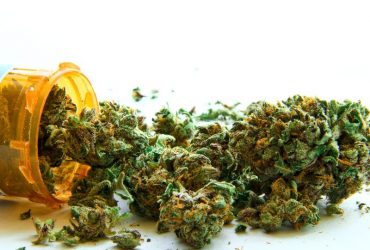Text message-based platform enhances self-efficacy for managing symptoms of IC/bladder pain syndrome
Tapering cuts risk for overdose among those with opioid use disorder
Chronic pain at age 44 years linked to poor mental health outcomes, pessimism about future, joblessness at age 55 years
However, no significant differences seen in opioid use postoperatively between cannabis users and nonusers
In survey, some patients report less pain, better physical and social functioning after using medical cannabis
Palliative and addiction medicine specialists provide consensus-based guidance for three common clinical scenarios
Moderate improvement in pain severity and response for products with high THC-to-CBD ratios, but side effects are seen
Existing sleep problems related mainly to disease-related measures, such as pain and reduced function, more so than disease duration
Furthermore, significant changes seen for anxiety, depression, and well-being after therapy dog intervention
Additional benefits include reductions in opioid dosing, emotional distress, and opioid craving











